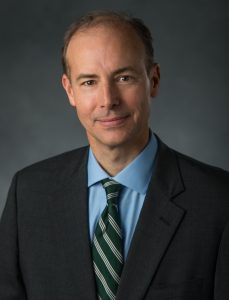This complimentary webinar presents an update on the latest food fraud compliance requirements and best practices to reduce the fraud opportunity. Since there are so many evolving laws, regulations, standards, and certifications there are many changes in the requirements and best practices. The topics covered included the definition and scope of food fraud, insight on efficient and effective vulnerability assessments, structure on how to conduct and incident review or investigate suspicious activity, insight on the organization and governance of food fraud prevention, and then empirical research that is evaluating the current systems.
Our speaker hails from MSU’s Food Fraud Initiative, which is an interdisciplinary research, education, and outreach organization. They focus on all types of fraud that can contribute to public health and economic vulnerabilities and threats. These include adulteration, misbranding, tampering, overruns or licensee fraud, theft, diversion, simulation, and counterfeiting.
MSU:FFI’s work is accomplished through a collaboration between stakeholders from across industry, agencies, associations and other academics. Through the support of public-private partnerships, their mission is to reduce the extremely interdisciplinary and complex food supply chain vulnerability. This initiative is based on a wide range of research, education, and outreach activities led by Dr. John Spink.


